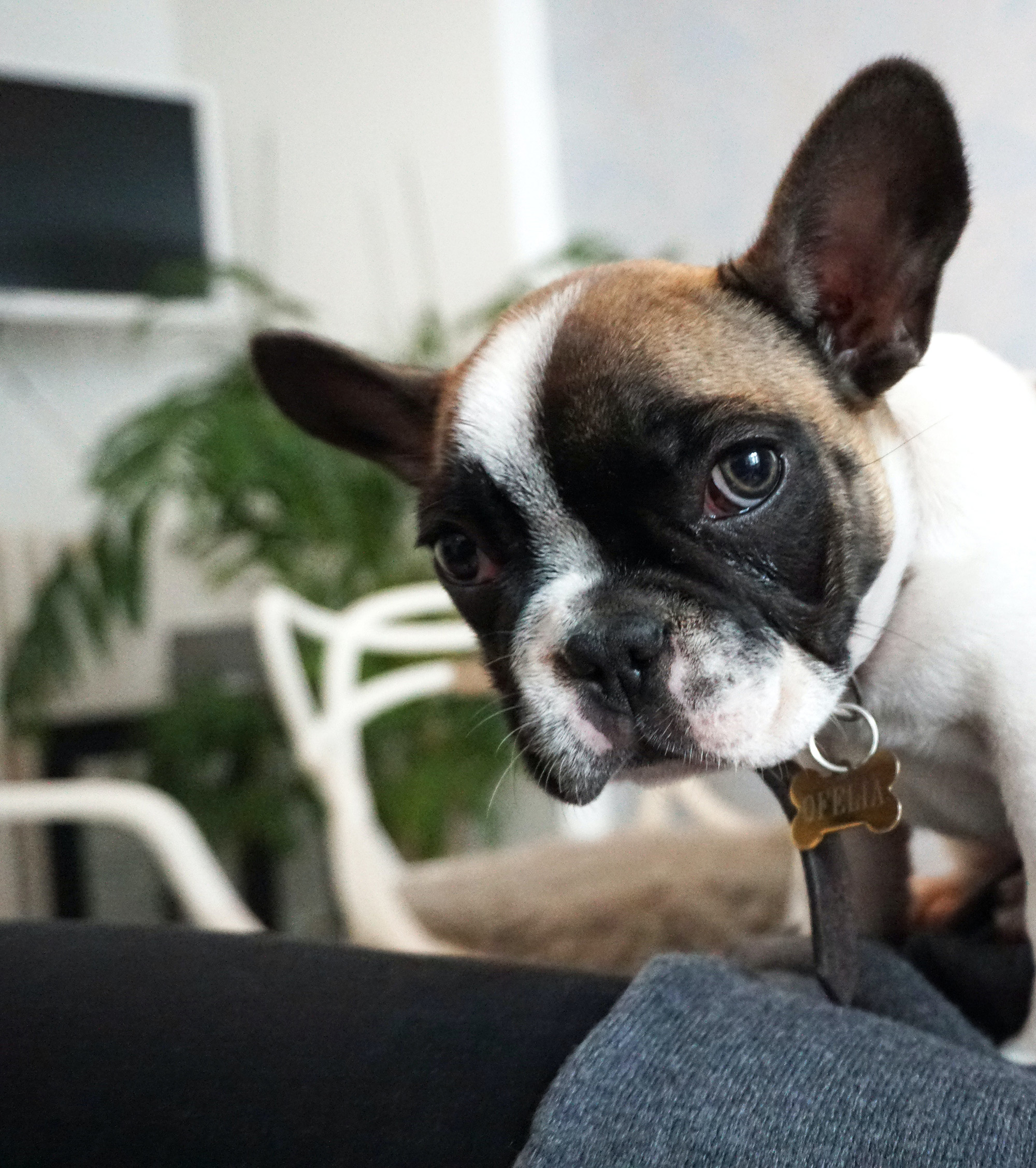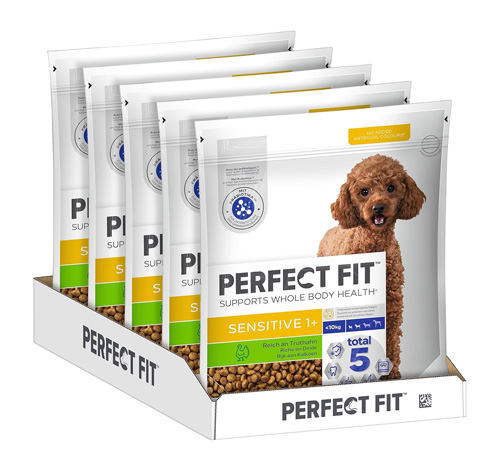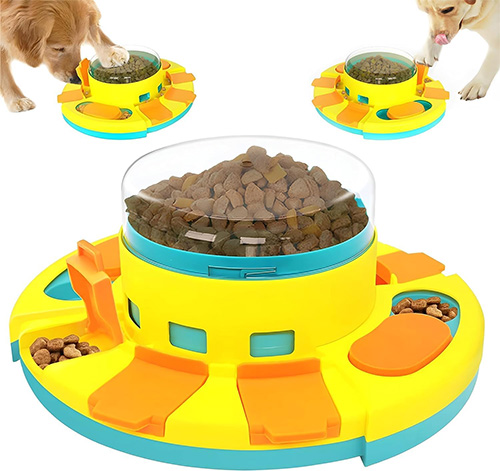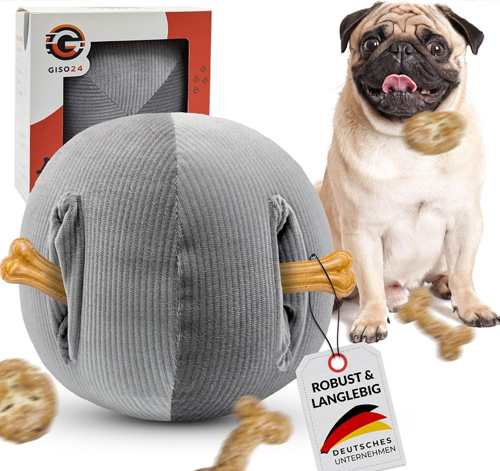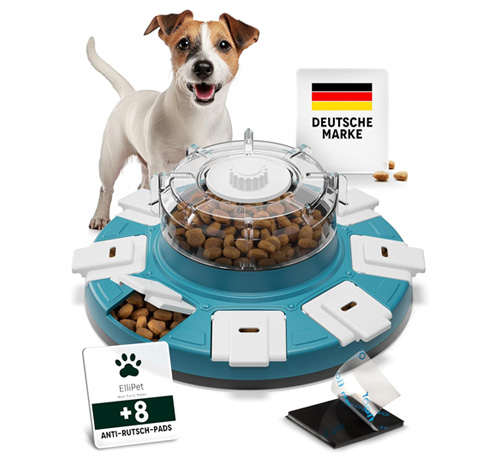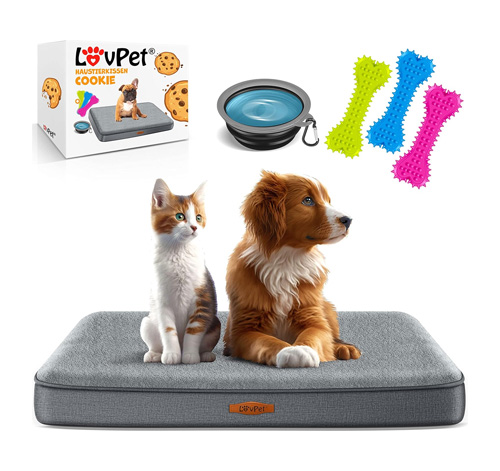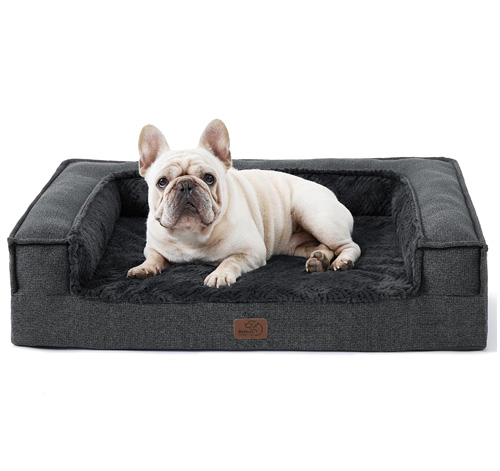Introduction
Care of a French Bulldog. French Bulldogs are charming and lovable pets that require special care to ensure their well-being and health. In this comprehensive guide, we will provide detailed instructions on how to care for a French Bulldog. From proper nutrition and regular vet visits to coat care and physical activity, you’ll get valuable tips and tricks to ensure your Bulldog lives a happy and healthy life.
Section 1: Caring for a French Bulldog – The right diet
1.1 The importance of a balanced and high-quality diet for French Bulldogs
A well-balanced, high-quality diet is critical to the health and well-being of French Bulldogs. These charming dogs have specific nutritional needs that must be addressed to ensure they live long, healthy and happy lives.
French Bulldogs are small to medium in size and have a muscular build. They tend to gain weight quickly, so it is important to control their diet carefully. A balanced diet for a French Bulldog should consist of high-quality proteins, healthy fats, complex carbohydrates and an adequate amount of fiber.
Proteins are essential for building and maintaining muscles and tissues. It is important that the proteins come from high quality sources, such as lean meat, fish or high quality dog food. Make sure that the dog food does not contain artificial additives or fillers.
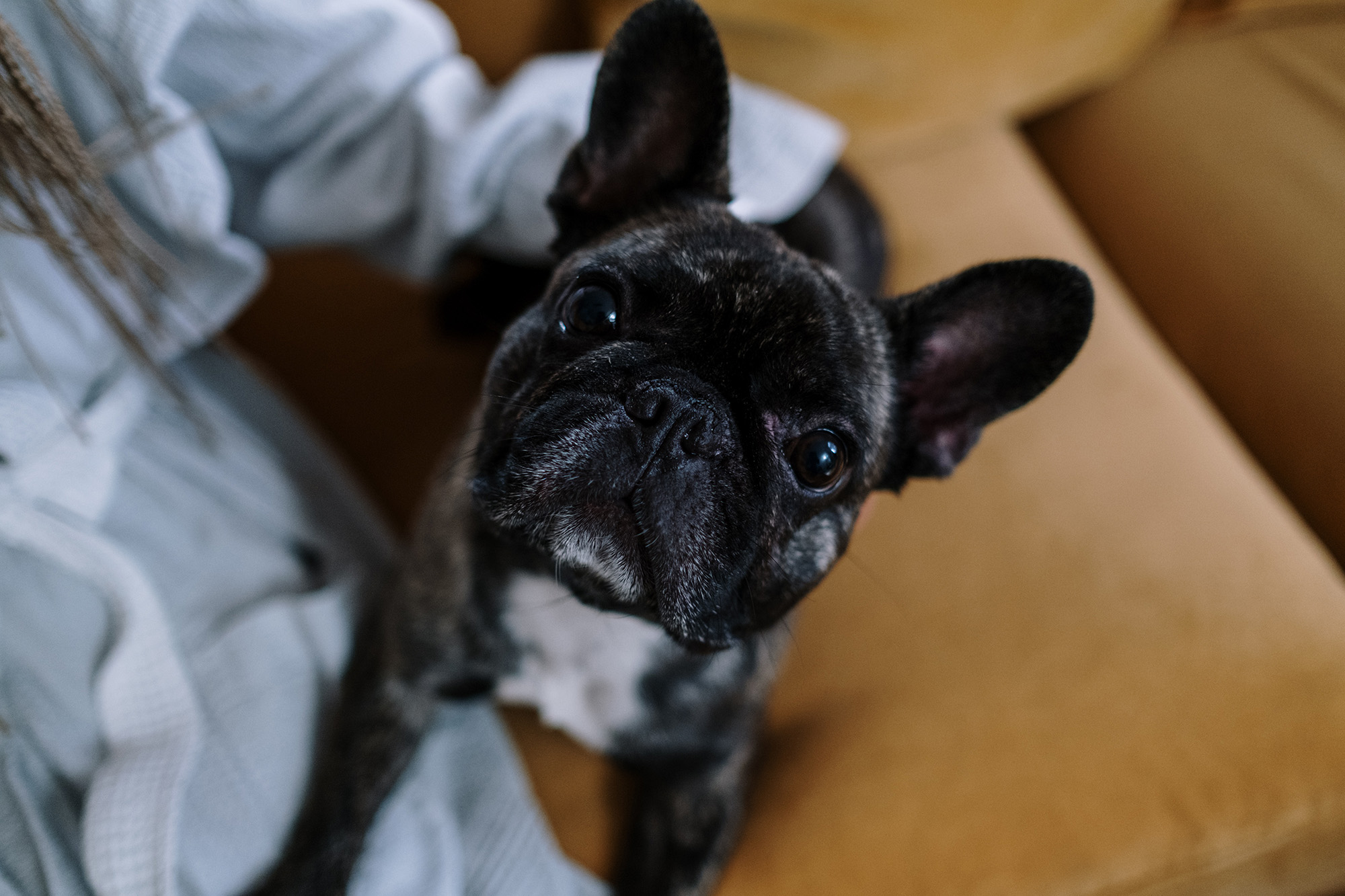
Healthy fats are an important source of energy for French Bulldogs. However, they should be given in moderation to avoid weight gain and associated health problems. Sources of healthy fats include fish oil, flaxseed oil and coconut oil.
Complex carbohydrates provide energy and should be a major part of a French Bulldog’s diet. Whole grains such as brown rice and oats are good sources of complex carbohydrates.
Dietary fiber is important for healthy digestion. They help prevent constipation and promote intestinal health. Fruits and vegetables are good sources of fiber and should be regularly incorporated into a French Bulldog’s diet.
It is also important to control the amount of feed and avoid overfeeding. Obesity is a common problem in French Bulldogs and can lead to a variety of health problems. Talk to your veterinarian about the right amount of food for your dog based on age, weight and activity level.
In addition to diet, it is important that French Bulldogs have adequate water available. Always have a fresh bowl of clean water on hand to keep your dog hydrated.
A balanced, high-quality diet is key to the health and well-being of your French Bulldog. By providing the right nutrients in the right amounts, you can ensure that your dog leads an active and happy life. Remember that each dog has individual needs, so it is important to talk to your veterinarian to determine the best diet for your French Bulldog.
Shop sensitive Frenchie food
1.2 Caring for a French Bulldog – Recommended food quantities and times
A balanced diet is critical to the health and well-being of your French Bulldog. Recommended feeding amounts and times may vary depending on your dog’s age, weight, activity level and health. It’s important to consider your dog’s individual needs and consult a veterinarian when necessary.
- Food amounts:Feeding the right amount of food is critical to keeping your dog healthy. The recommended amount of food varies depending on age. For puppies, the general rule is that they should receive three to four meals per day. Adult dogs, on the other hand, should usually get two meals a day. It is important to adjust food portions according to your dog’s weight and activity level to avoid over- or under-supply.
- Food quality: choose high quality dog food specially designed for French Bulldogs and containing all the necessary nutrients. Make sure that meat or fish are the main ingredients and that the food is free of artificial colors, flavors and preservatives. A balanced diet is important to prevent deficiency symptoms and obesity.
- Feeding times:It is advisable to feed your dog at set times. This will help ensure regular digestion and give your dog a stable daily rhythm. Try to keep feeding times consistent and avoid giving your dog snacks or treats between meals unless they are healthy rewards.
- Weight Control:Watch your French Bulldog’s weight to make sure he doesn’t get too thin or too fat. Being overweight can lead to health problems, while being underweight can indicate inadequate nutrition. Check your dog’s weight regularly and adjust the amount of food accordingly to maintain a healthy weight.
- Water supply: don’t forget to give your dog access to fresh, clean water at all times. Water is essential for your dog’s digestion, body temperature regulation and overall well-being. Make sure the water bowl is always full and clean it regularly to prevent bacteria buildup.
Care of a French Bulldog. It is important to note that each dog has individual needs. Some French Bulldogs may have allergies or health problems that require special diets. In such cases, it is advisable to consult a veterinarian for tailored nutritional advice.
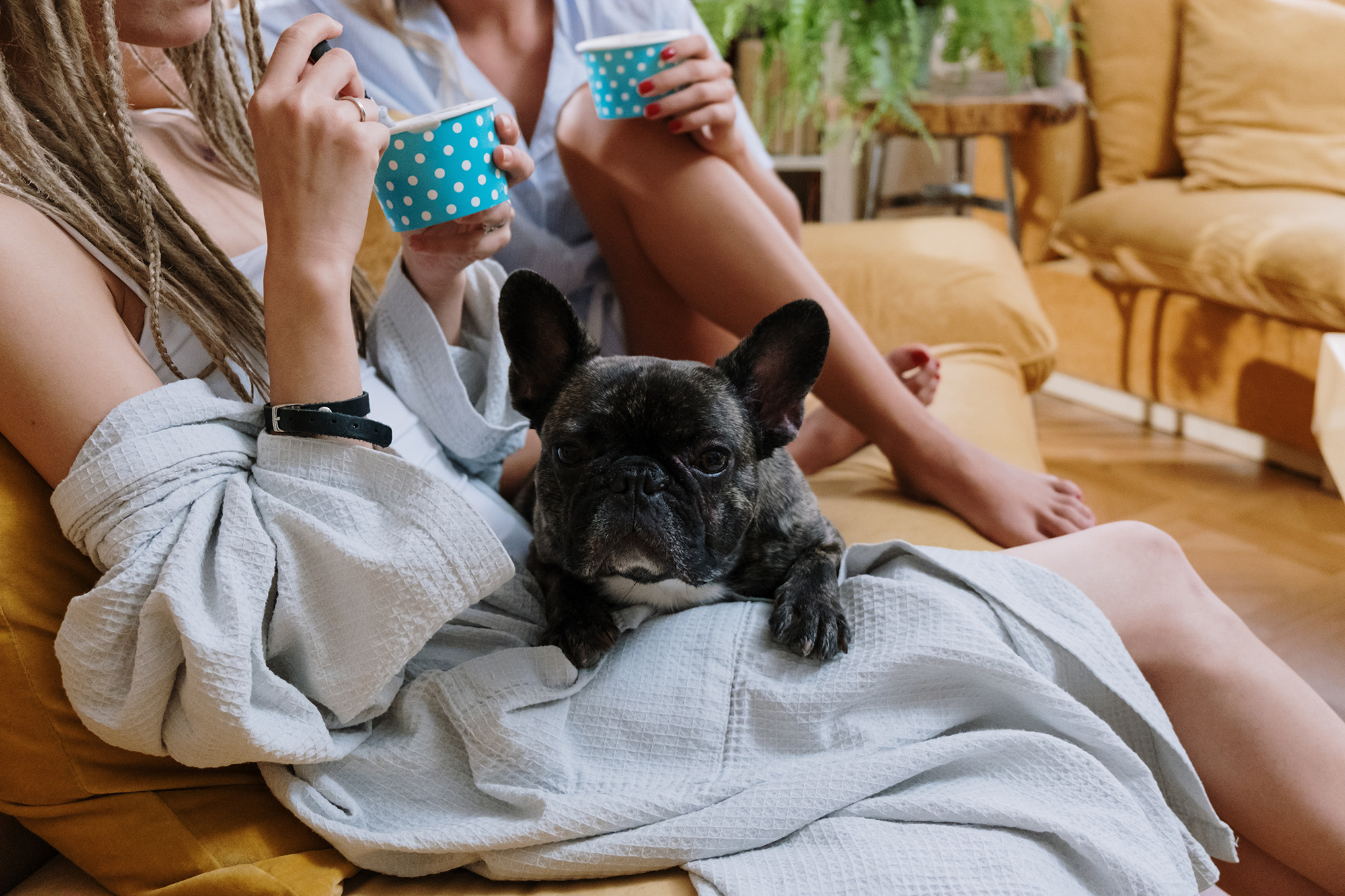
If you need more information on feeding your French Bulldog, you can check out trusted dog nutrition websites and books. There are also special food advisors who can help you choose the right food and the right amount of food for your dog. Remember that a balanced diet is an important part of your Frenchie’s health care and contributes to a happy and active life.
1.3 Caring for a French Bulldog – tips for choosing high-quality dog food
When it comes to choosing high-quality dog food, there are some important tips you should follow to ensure you’re providing your dog with a balanced and healthy diet. Here are some points you should consider:
- Check ingredients:Look carefully at the ingredients of the food. Be sure to put meat or fish first, as this should be the main source of high-quality protein. Avoid feeds that consist mainly of grains or low-quality by-products.
- No artificial additives: make sure the dog food is free of artificial colors, flavors and preservatives. These can lead to health problems and are not necessary for a balanced diet.
- Choose the right food for your dog’s age and health: Puppies, adult dogs and older dogs have different nutritional needs. There is also special food for dogs with certain health problems such as allergies or gastrointestinal diseases. Consult the vet to find the best food for your dog.
- Research new brands: Find out about different brands of dog food and read reviews and testimonials from other dog owners. A reputable brand with a proven track record in animal nutrition is often a good choice.
- Consult your veterinarian: Your veterinarian is a valuable source of information about your dog’s nutritional needs. He can help you choose the right food based on your dog’s age, breed, weight and health.
- Consider allergies and intolerances: If your dog has allergies or intolerances, you should choose a food that is adapted to them. There are hypoallergenic feeds and those that do not contain certain ingredients such as gluten or lactose.
- Value for money: More expensive does not necessarily mean better, but cheap food often contains inferior ingredients. Find a balance between quality and price to make sure you get the best food for your money.
Shop intelligence Frenchie toys
Care of a French Bulldog. Choosing the right high-quality dog food is critical to your dog’s health and well-being. By following these tips and catering to your dog’s individual needs, you can ensure that they receive a balanced and nutritious diet.
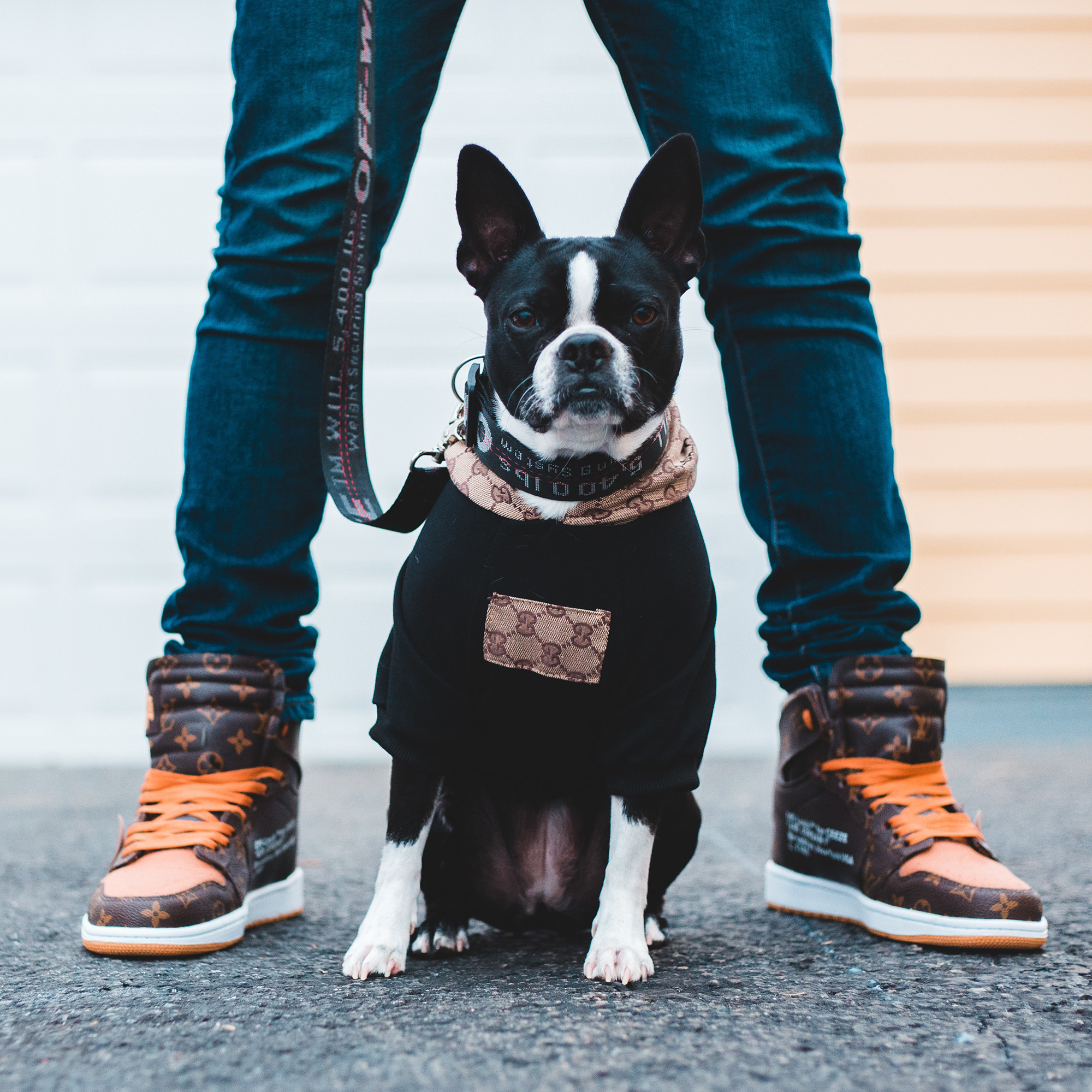
1.4 Avoidance of foods that may be harmful to Bulldogs.
To ensure the health and well-being of your Bulldog, it is important to avoid certain foods that could potentially be harmful to him. Bulldogs often have specific dietary needs and may be sensitive to certain foods. Here are some foods you should avoid at all costs:
- Chocolate: Chocolate contains theobromine, a substance that can be toxic to dogs. Eating chocolate can cause symptoms such as vomiting, diarrhea, increased thirst, tremors, and in severe cases, even seizures or heart problems. To protect your pet, always keep chocolate out of his reach.
- Onions and garlic: Onions and garlic contain compounds that can damage red blood cells in dogs. In the long term, regular consumption of onions and garlic can lead to anemia. Make sure your bulldog food does not contain any of these ingredients and keep these foods away from your dog.
- Avocado: Avocados contain persin, a substance that can be toxic to dogs. Eating avocado can cause gastrointestinal problems, breathing difficulties and in some cases even death. Make sure your dog does not have access to avocados, whether in food or plant form.
- Grapes and raisins: Grapes and raisins can cause kidney failure in dogs. It is not yet known exactly why these fruits are toxic, but even small amounts can cause serious problems. Therefore, keep grapes and raisins away from your Bulldog.
- Alcohol: Alcohol is extremely toxic to dogs and can cause severe signs of poisoning. Even small amounts can cause coordination problems, vomiting, breathing difficulties and, in some cases, death. Therefore, keep alcoholic beverages out of your dog’s reach.
It is important to note that this is only a short list of foods that could be harmful to bulldogs. There are other foods that should also be avoided, such as caffeine, macadamia nuts, salt, sweet foods and raw meat. To ensure you are providing a safe diet for your bulldog, it is best to consult with a veterinarian and address individual needs. Your veterinarian can give you specific instructions on what foods your bulldog should avoid to protect his health.
Shop sensitive Frenchie food
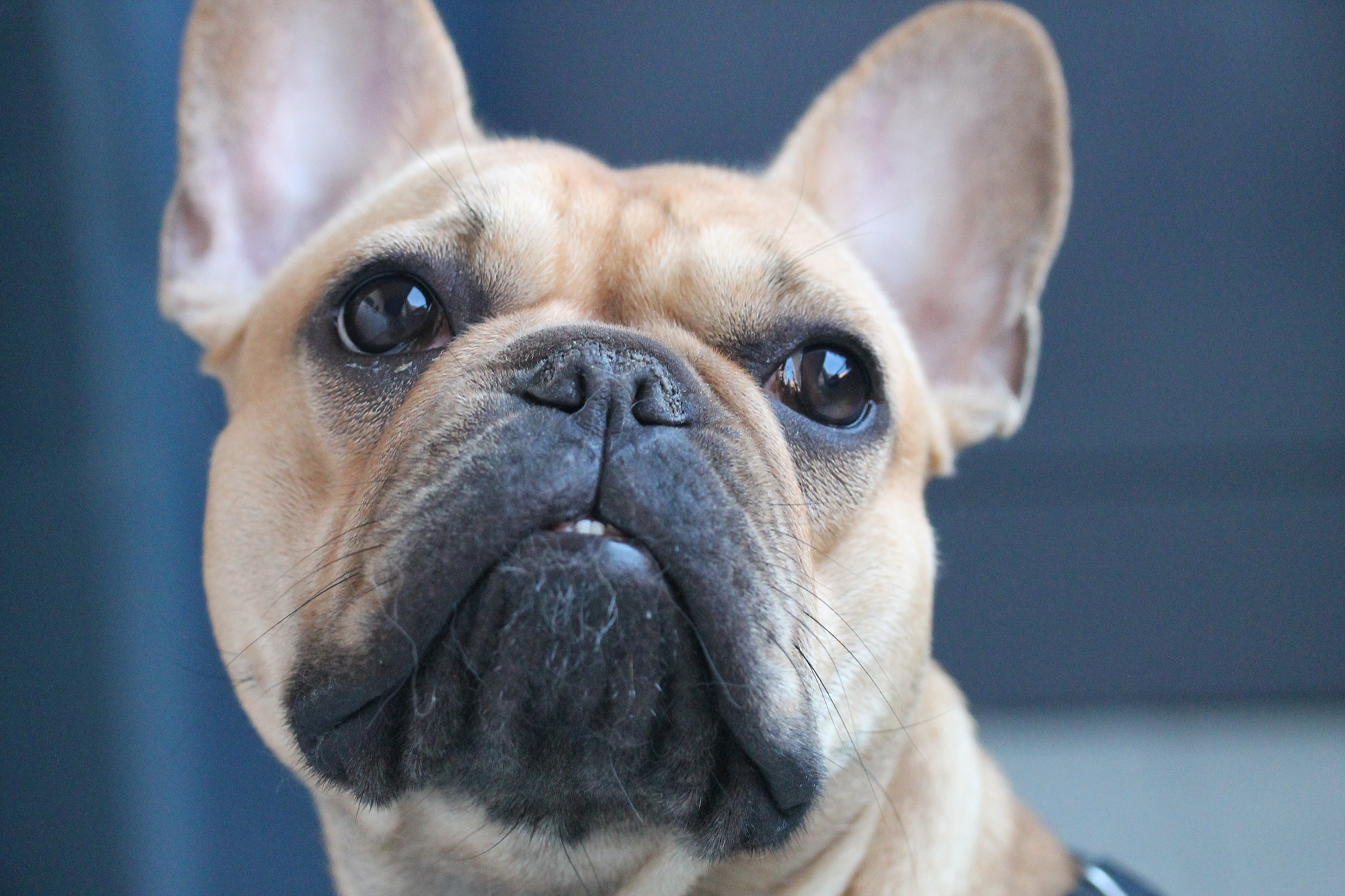
Section 2: Regular visits to the vet
2.1 Important vaccinations and health checks
As a proud owner of a French Bulldog, it’s important to always keep an eye on your dog’s health. Vaccinations and regular health checks play a crucial role. In this text you will learn which vaccinations and controls are especially important for French Bulldogs.
Vaccinations are crucial to protect your dog from dangerous diseases. The main vaccinations for French Bulldogs are:
- Rabies Vaccination: Rabies is a deadly disease that can be transmitted from animals to humans. Rabies vaccination is required by law and protects both your dog and yourself.
- Parvovirus vaccination: Parvovirus is a highly contagious disease that causes severe gastrointestinal problems. Regular parvovirus vaccination will protect your dog from this dangerous disease.
- Canine distemper vaccination: Canine distemper is another highly contagious disease that attacks the nervous system. A distemper vaccination is therefore essential to protect your dog.
- Kennel Cough Vaccination: Kennel cough is a contagious respiratory disease that can occur, especially in dogs in close contact with other animals. A kennel cough vaccination is therefore especially important if your dog has a lot of contact with other dogs.
In addition to vaccinations, you should have regular health checks with your veterinarian. These checks are designed to detect and treat potential health problems at an early stage. During the checkups, your dog will be thoroughly examined, his weight will be checked, and other tests will be performed if necessary.
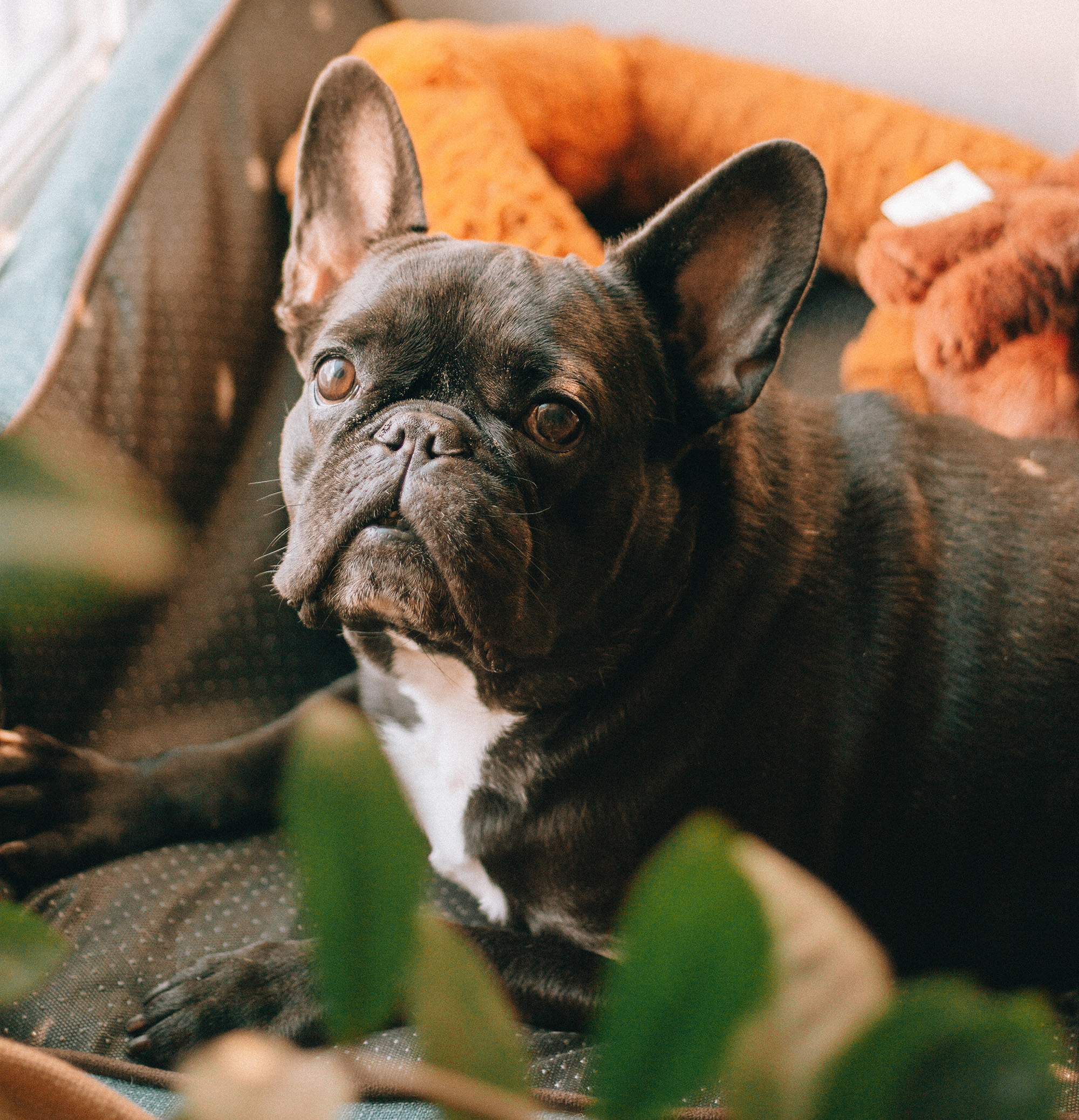
It is important to note that each dog has individual needs. Therefore, it is advisable to discuss with your veterinarian what vaccinations and checkups are recommended specifically for your French Bulldog. Your veterinarian can also provide you with an individualized vaccination schedule tailored to your dog’s needs.
2.2 How often should you take your bulldog to the vet?
How often you should take your bulldog to the vet depends on several factors. Basically, it’s important to schedule regular vet visits for your dog to make sure they are healthy and well cared for.
The first thing you should do is get a series of basic vaccinations for your Bulldog puppy. In the first months of his life, he needs several vaccinations to protect him from dangerous diseases such as rabies, distemper and parvovirosis. A veterinarian can help you create an individualized vaccination schedule for your puppy and give the right vaccinations at the right time.
Shop interactive Frenchie toys
After the initial vaccinations, you should bring your Bulldog in regularly for routine annual checkups. During this exam, the veterinarian will thoroughly examine your dog to make sure he is healthy and shows no signs of illness or injury. The veterinarian will also check your dog’s vaccination status and recommend booster shots if necessary.
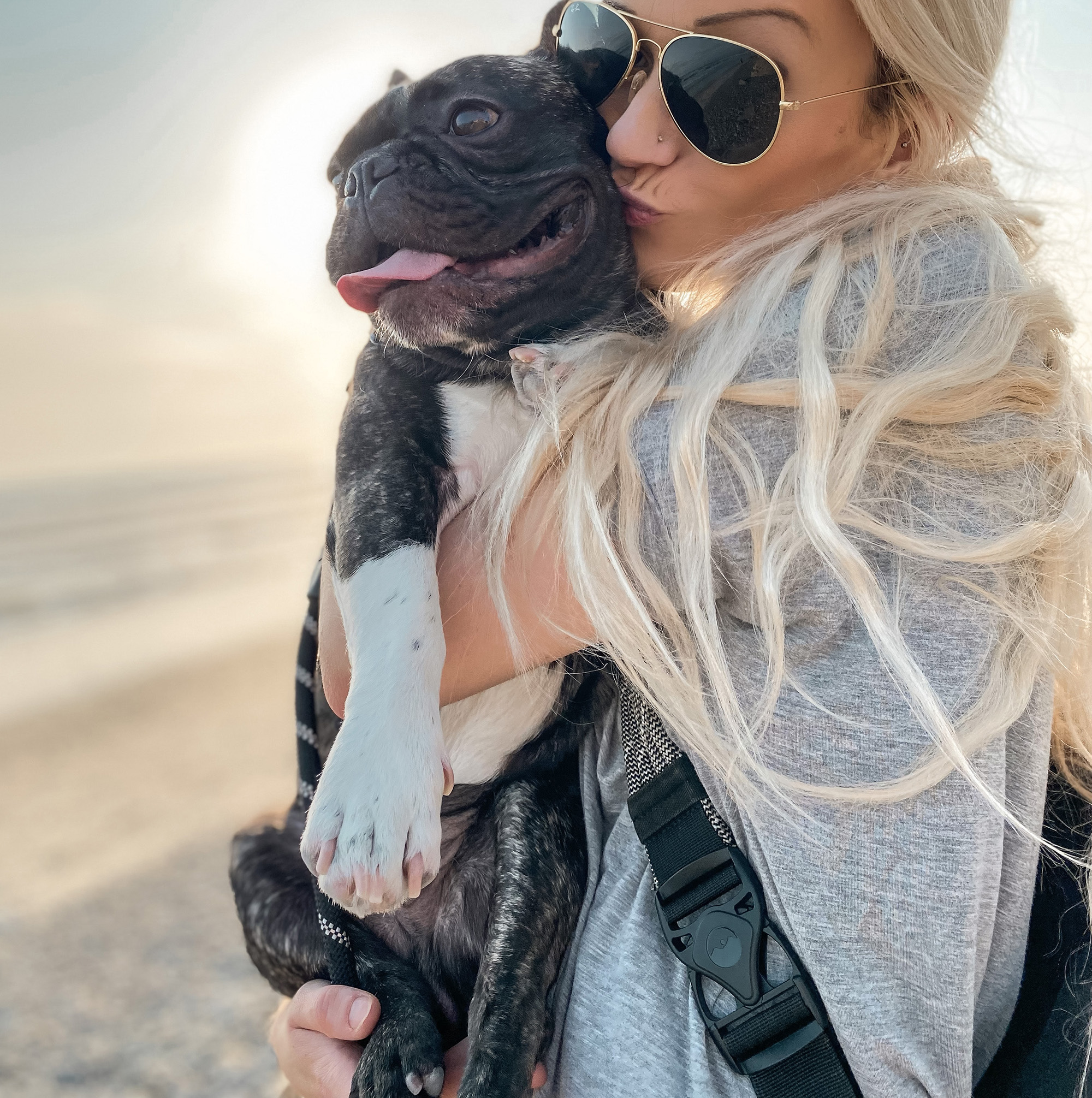
In addition to annual exams, it is important to have your bulldog dewormed regularly. Worms can cause various health problems in dogs, so it is important to perform regular deworming to protect your dog.
In addition, you should take your bulldog to the vet if it shows signs of illness or injury. Dogs cannot tell when they are in pain or uncomfortable, so it is important to watch for behavioral changes such as increased panting, loss of appetite, vomiting or diarrhea. If you notice such symptoms, you should immediately consult a veterinarian for an accurate diagnosis and treatment.
It is also important to note that different dogs may have different needs. Some Bulldogs may be more susceptible to certain diseases or genetic conditions that require special treatments or testing. In such cases, it may be necessary to take your bulldog to the vet more often to monitor its health and catch potential problems early.
In summary, it is advisable to schedule regular vet visits for your bulldog. Several vaccinations are required during the first months of life, followed by routine annual examinations and deworming. If there are any signs of illness or injury, see a veterinarian immediately. Remember, this is general information and not a substitute for the advice of a veterinarian. Always consult a veterinarian to create an individualized care plan for your bulldog.
2.3 Tips for choosing a trustworthy veterinarian
When it comes to finding a trusted veterinarian for your pet, there are some important tips that can help you make the right choice. Here are some aspects you should consider:
- Get recommendations: Ask friends, family or other pet owners about their experiences with veterinarians in your area. Personal recommendations are often very valuable because they are based on real experiences.
- Expertise and experience: check the veterinarian’s training, expertise and experience. Make sure he or she has the necessary qualifications and regularly attends continuing education classes to stay up to date on the latest veterinary medicine.
- Location and accessibility: choose a veterinarian that is close to you and offers good accessibility. In an emergency, it is important that you can get help quickly.
- Facilities and Equipment: Visit the veterinary practice in person to see the facilities and equipment. Pay attention to cleanliness, organization and the general condition of the practice.
- Communication and empathy: A good veterinarian should be able to communicate clearly and understandably with you. He should also be empathetic and patient with both you and your pet.
- Emergency care: Find out if the veterinarian offers emergency care outside of regular business hours. It is important to know that you can always count on quick help in case of emergency.
- Costs and payment modalities: Clarify the costs and payment modalities with the veterinarian in advance. Ask about prices for routine exams, vaccinations and treatments to make sure they fit into your budget.
- Specialty Areas: If your pet has special medical needs, make sure the veterinarian has expertise in that area or is willing to refer you to a specialist.
It’s important to take your time and do thorough research to find a trusted veterinarian for your pet. A good veterinarian will not only ensure your pet’s health, but also give you confidence that they are in good hands.
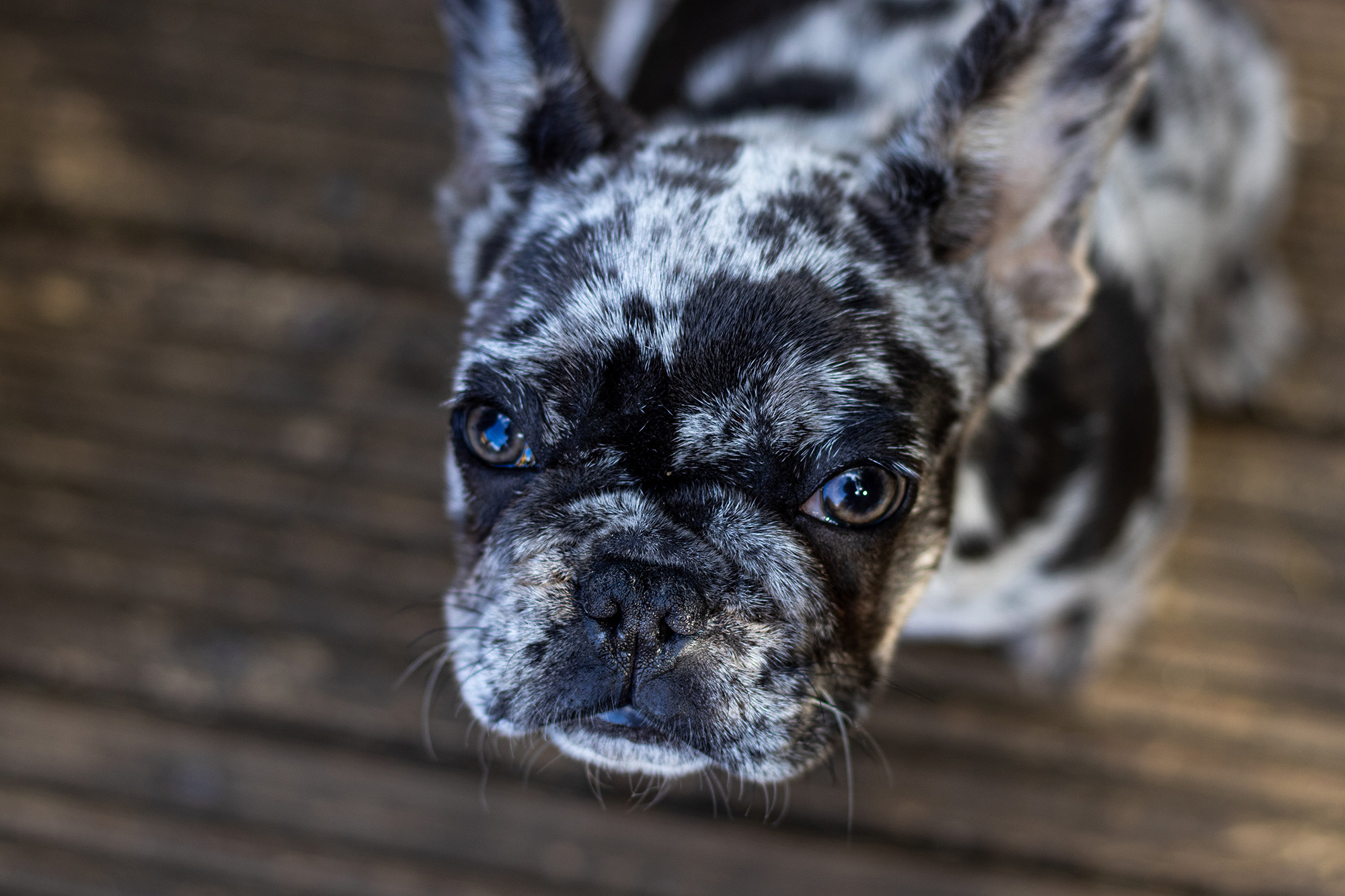
2.4 Early detection of diseases and health problems
Early detection of disease and health problems is critical to the well-being and long-term health of your Bulldog. By performing regular health checks and exams, you can identify potential problems early and treat them before they become serious.
An important aspect of early detection is paying attention to changes in your dog’s behavior and physical condition. Watch for signs of discomfort, such as loss of appetite, fatigue, weight loss or gain, vomiting, diarrhea, difficulty breathing, or changes in coat or skin. These changes may indicate underlying disease and should be discussed with a veterinarian.
In addition, it is important to have your dog vaccinated regularly. Vaccinations protect against various diseases and can prevent serious complications. Your veterinarian can recommend a vaccination schedule for your bulldog based on her age, health status and specific risks.
Another important measure for early detection is to perform regular blood tests and other diagnostic tests. These tests can reveal abnormalities in blood work, liver and kidney function, hormone levels and other potential health problems. Your veterinarian can give you the recommended exams and the best schedule for them.
In addition to regular veterinary care, you can also play an active role in monitoring your dog’s health. Watch for changes in his behavior, activity and appetite. Keep his teeth clean, too, and watch for signs of dental problems like tartar buildup or gum disease.
It is important to note that each bulldog has individual needs. Some breeds are more prone to certain diseases and health problems than others. Learn about the specific risks associated with your bulldog breed and talk to your veterinarian about preventive measures and screening tests recommended specifically for your bulldog.
In conclusion, early detection of diseases and health problems is an essential part of responsible dog training. By performing regular veterinary exams, watching for changes in your dog’s behavior, and taking preventative measures, you can ensure that your Bulldog lives a healthy and happy life.
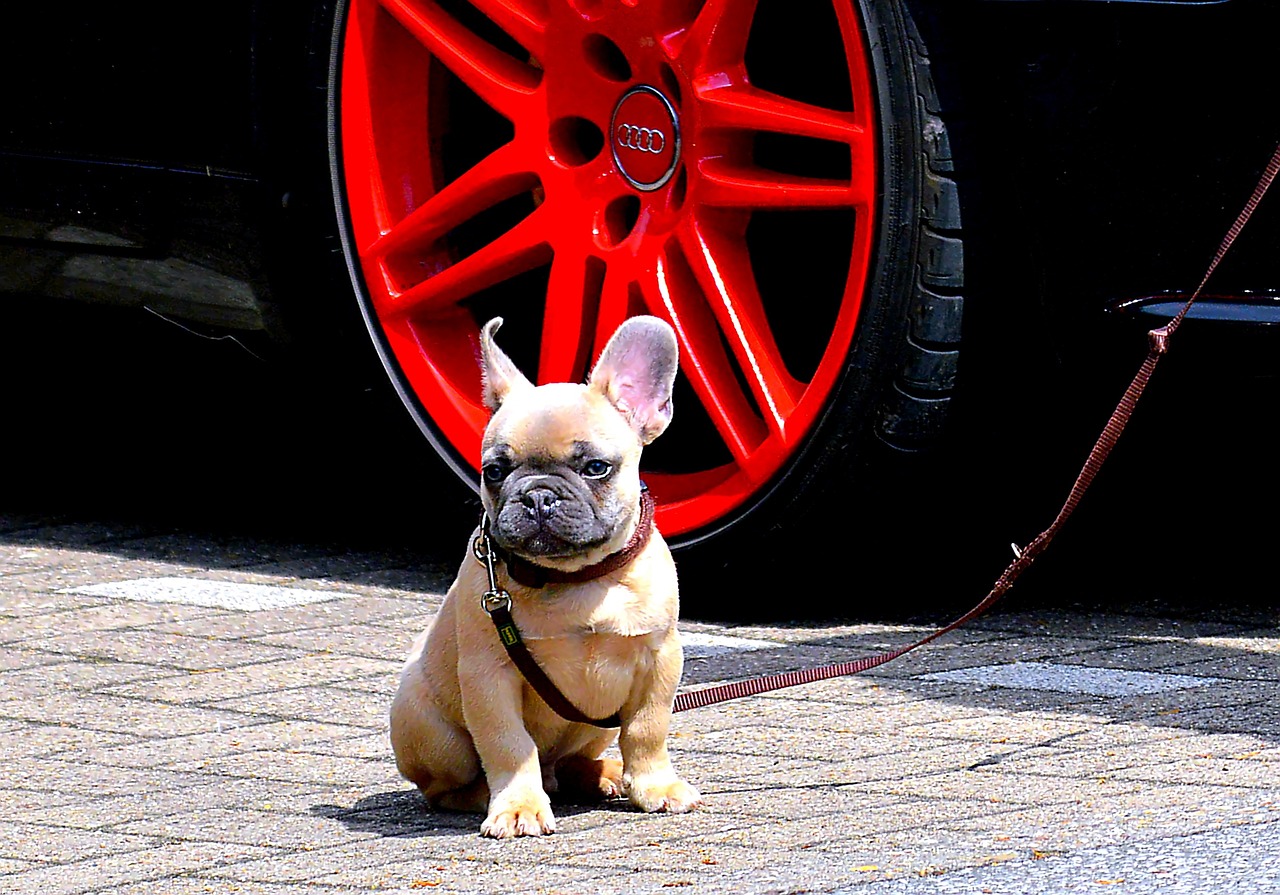
Section 3: Coat care
3.1 The importance of regular brushing and bathing habits
To understand the importance of regular brushing and bathing habits, you need to keep in mind that taking care of your Bulldog’s coat and skin is crucial to his health and well-being. Bulldogs have a dense, short coat that requires regular grooming to prevent problems such as matting, skin irritation and infection.
Brushing your Bulldog regularly will help remove dead hair, keep the coat clean and healthy, and prevent tangles. It also allows better air circulation on the skin and promotes a shiny, healthy coat. Additionally, brushing can help detect and treat parasites such as fleas and ticks early.
Bathing your Bulldog regularly is also important to remove dirt, dust and other impurities from his coat. A regular bath can also help reduce odor and keep skin clean and free of bacteria. Be sure to use special dog shampoos that are designed for your Bulldog’s needs, as human shampoos can cause skin irritation.
Shop cozy Frenchie beds
It is important to note that Bulldogs are prone to skin problems, including allergies and eczema. Regular brushing and bathing habits can help minimize these problems and keep your Bulldog’s skin healthy. In addition, spending time brushing and bathing with your Bulldog provides a bonding opportunity and strengthens your relationship.
It is advisable to consult a veterinarian to learn the best brushing and bathing habits for your Bulldog. Every dog is unique and has different needs. A veterinarian can give you individualized recommendations on how often you should brush and bathe your Bulldog, depending on factors such as his skin condition, activity level and living environment.
In summary, taking care of your Bulldog’s coat and skin is crucial to his health and well-being. Regular brushing and bathing helps prevent matting, skin irritation and infection, keeps the coat clean and healthy, and strengthens the bond between you and your Bulldog. Always consult a veterinarian to learn the best care practices for your Bulldog and ensure you are meeting his individual needs.
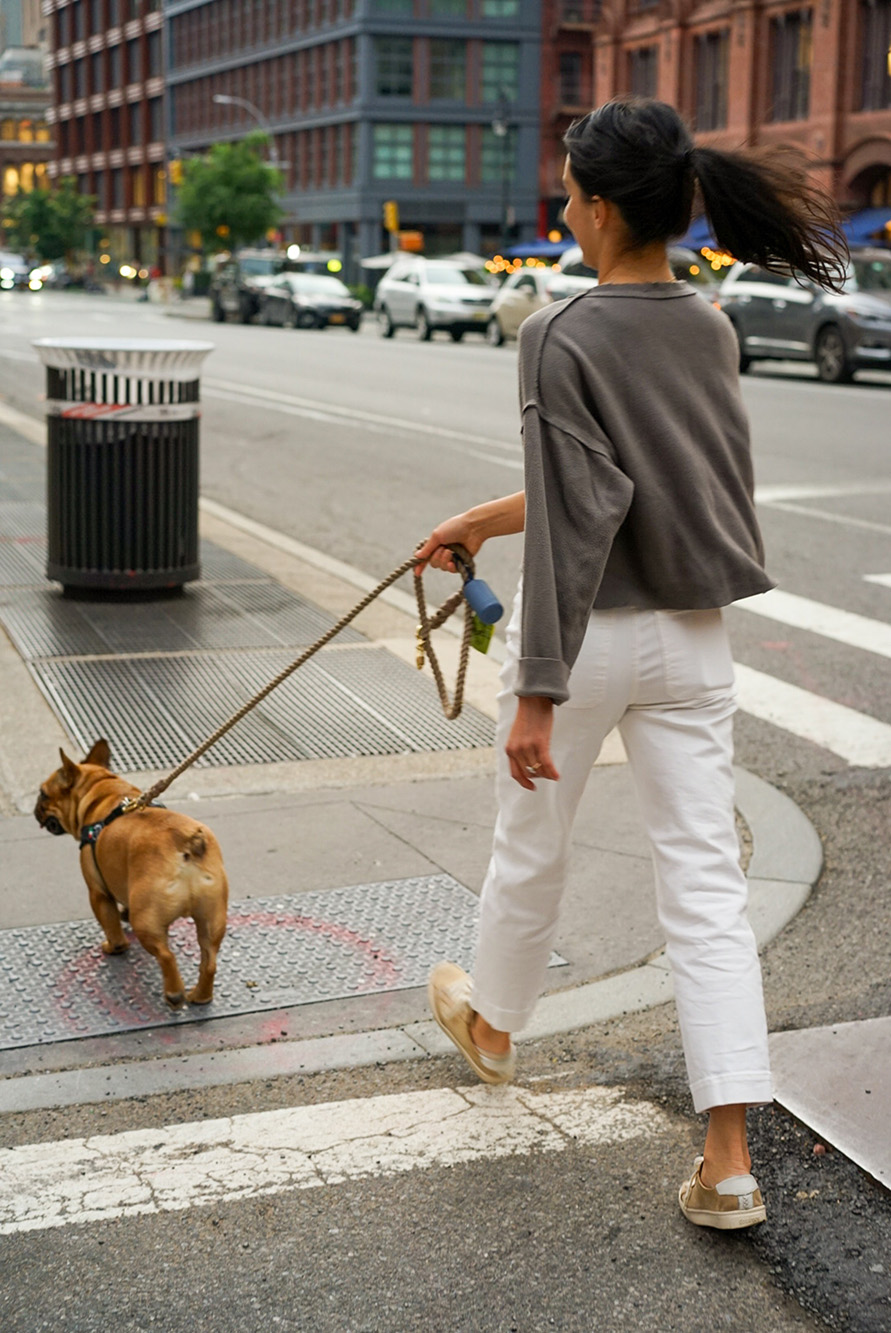
3.2 Choosing the right care products for bulldog skin
When it comes to choosing the right skin care products for your bulldog’s skin, it’s important to cater to their specific needs. Bulldogs have sensitive skin that is prone to dryness, itching and irritation. Therefore, it is crucial to use gentle and hypoallergenic products designed specifically for dogs.
When choosing shampoos and conditioners, look for products that are free of harsh chemicals, fragrances and dyes. It is advisable to look for natural ingredients such as aloe vera, oatmeal or chamomile, as they have soothing and moisturizing properties.
Additionally, you should also use a mild cleansing solution for your bulldog’s skin folds. These wrinkles can be susceptible to bacterial and fungal infections. Make sure that the cleansing solution has antibacterial properties and thoroughly cleanses the wrinkles without irritating the skin.
In addition to shampoos and cleansing solutions, it is important to also use a suitable moisturizer for your bulldog’s skin. Bulldogs tend to have dry skin, so it is important to moisturize their skin regularly. Choose a moisturizer that is specially formulated for dogs and does not contain irritating ingredients.
It is always advisable to consult a veterinarian before using any new grooming products. A veterinarian can help you understand your bulldog’s individual needs and choose the right products for her skin health. Remember that skin care is an important part of your Bulldog’s health routine and will help you keep her happy and healthy.
3.3 Care of the ears, eyes and teeth
Grooming your bulldog also includes regular cleaning and care of their ears, eyes and teeth. It is important to keep these areas clean to avoid infections and other health problems.
For the ears, you should regularly wipe the outer ear with a damp cloth or a special ear cleaning solution. Be careful not to go too deep into the ear canal to avoid injury. Also check regularly for signs of redness, swelling or unpleasant odor, as this could indicate an infection. You should see a veterinarian immediately if you notice any abnormalities.
Care of a French Bulldog. Your Bulldog’s eyes should also be cleaned regularly to remove dirt and tear stains. Use a soft, clean cloth or a special eye cleaning cloth suitable for dogs. Make sure you don’t use aggressive cleaners, as they can irritate your dog’s eyes. If your bulldog shows persistent redness, discharge or cloudiness of the eyes, consult a veterinarian immediately.
Dental care is an important part of your Bulldog’s health routine. Regularly brush their teeth with a special dog toothbrush and dog toothpaste. Make sure you don’t use toothpaste for humans, as it may contain ingredients that are toxic to dogs. There are also special dog bones and toys that can help clean teeth. If you have dental problems such as tartar buildup or gingivitis, you should visit a veterinarian to have your teeth professionally cleaned.
Regular care of your bulldog’s ears, eyes and teeth is critical to their health and well-being. By keeping these areas clean and catching potential problems early, you can help ensure your bulldog lives a healthy and happy life.
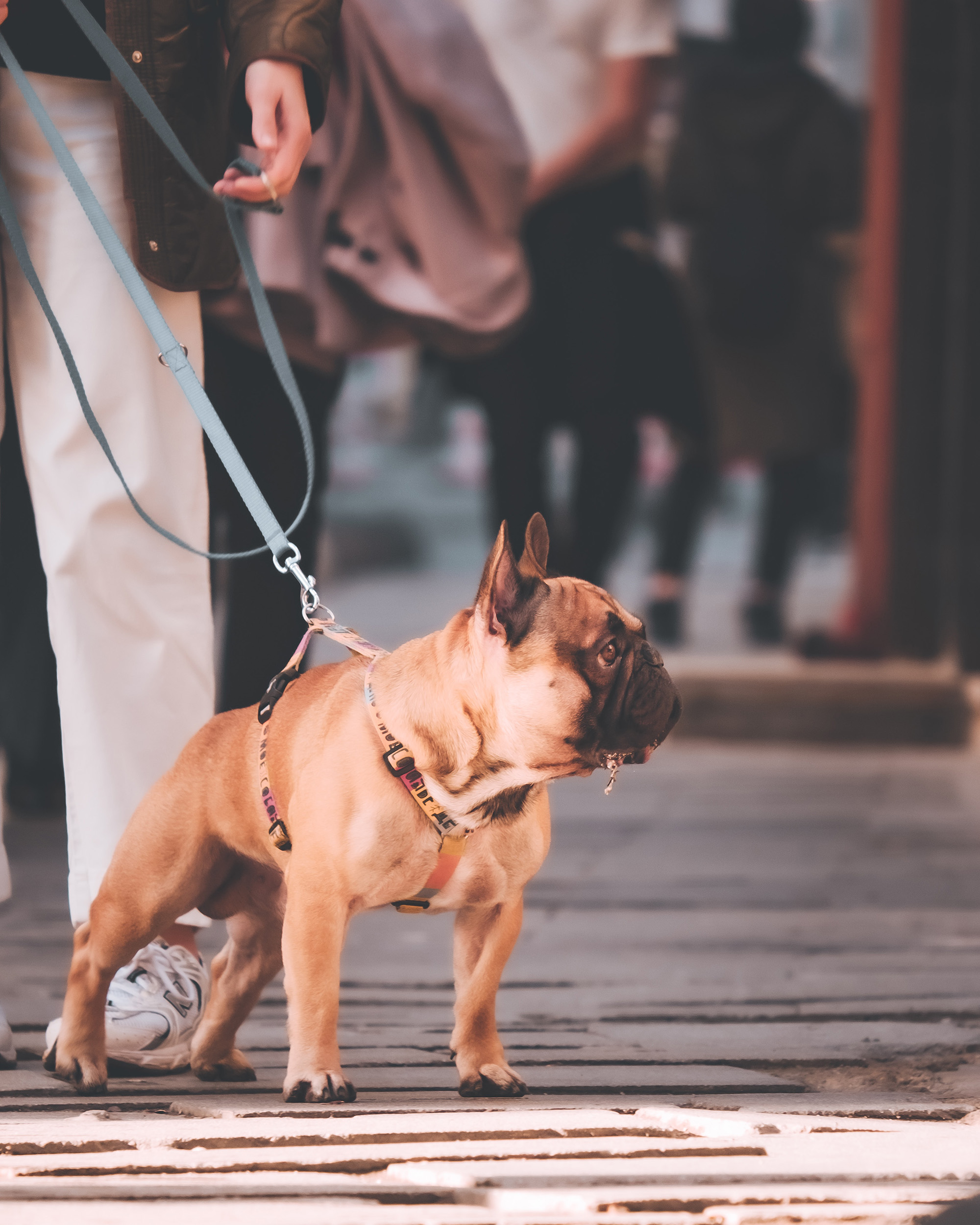
3.4 Tips to avoid skin problems and allergies
To avoid skin problems and allergies in yourself, there are some important tips you can follow. First, it is crucial to pay attention to the products used. Care of a French Bulldog. Avoid chemical ingredients and choose natural and hypoallergenic products instead. Secondly, it is important to cleanse and moisturize your skin regularly. This helps to remove dirt and bacteria and keep the skin healthy. Third, you should avoid using too much makeup or cosmetic products, as they can clog pores and cause skin irritation. Fourth, it is advisable to use sunscreen to protect your skin from harmful UV rays. Finally, when choosing clothing and bedding, you should look for soft and breathable materials to avoid irritation. By following these tips, you can significantly reduce the likelihood of skin problems and allergies and maintain healthy skin.
Conclusion:
Care of a French Bulldog. Proper care of a French Bulldog requires time, attention and dedication. By following the tips and tricks outlined in this ultimate guide, you can ensure that your French Bulldog lives a happy, healthy and fulfilling life. Remember that every bulldog is unique and tailor care to their individual needs. With the right care and love, you will form a wonderful bond with your furry companion and spend many happy years together.

